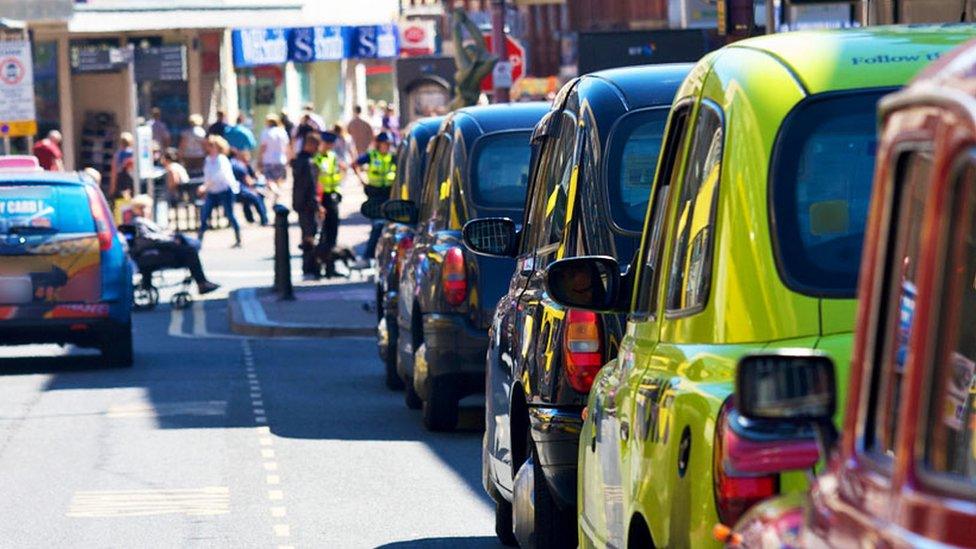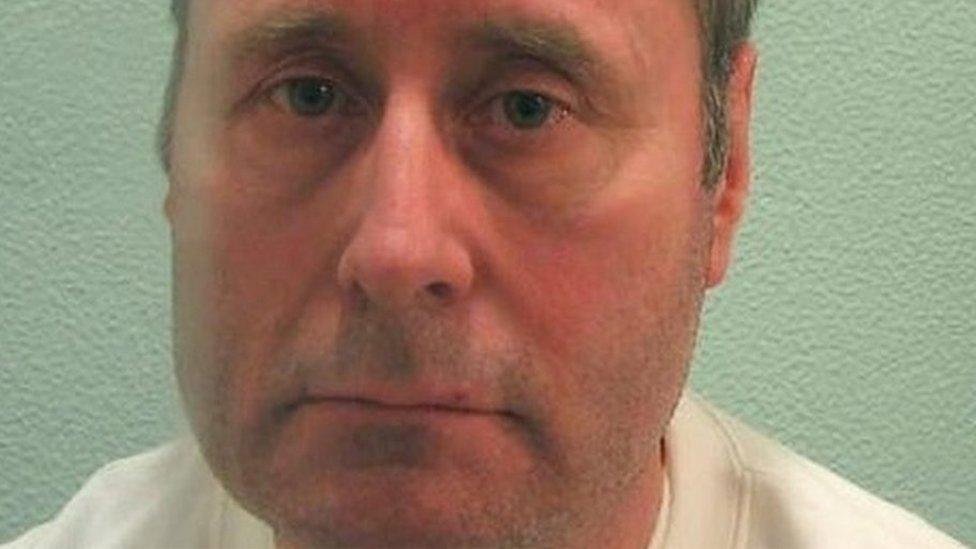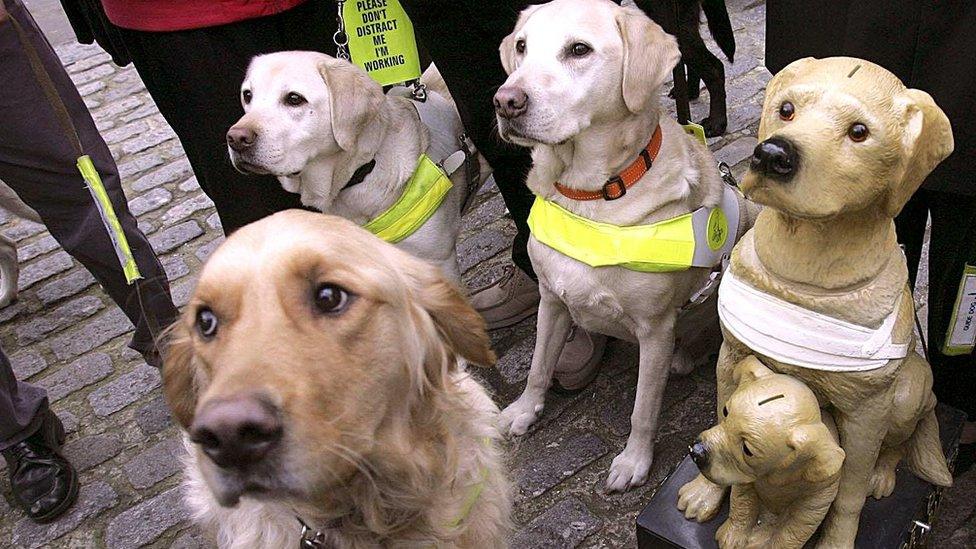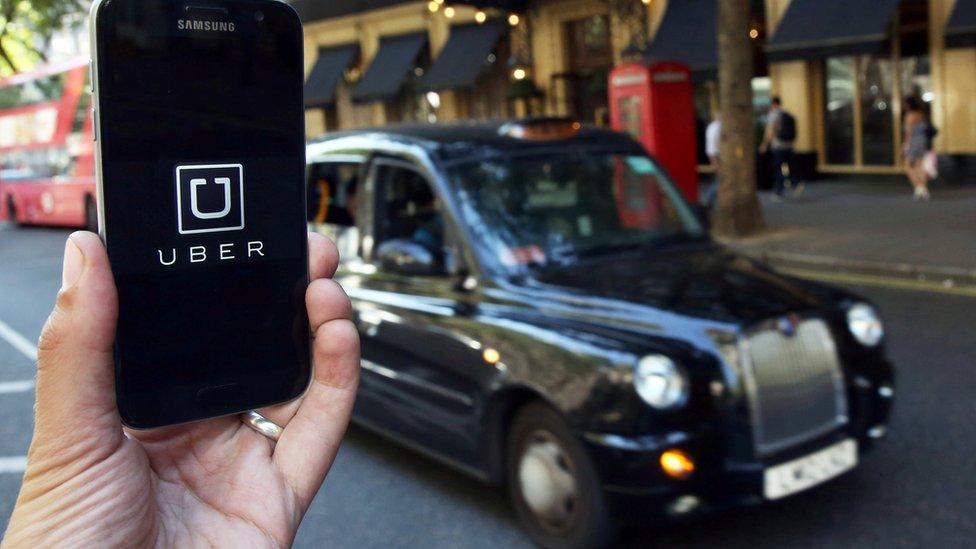Taxi drivers admit licence regulation needs to be tougher
- Published

Taxi and private hire associations say they support the introduction of national minimum standards
Taxi and private hire drivers have admitted the regulation of licences needs to be tougher for public safety.
It comes after the Suzy Lamplugh Trust found, external more than 860 drivers in England and Wales had been granted licences, despite having criminal convictions.
Current guidelines say applicants with serious convictions should be refused a licence, but councils can grant them to those deemed to be "fit and proper".
The Licensed Taxi Drivers' Association said the rules were "inadequate".
The Suzy Lamplugh Trust, which campaigns on personal safety issues, called the findings "deeply troubling" and warned passenger safety was being compromised.
Its report, published in January, follows widespread anger last month after it emerged black cab rapist John Worboys was to be released from prison.
'Unacceptable'
The charity gathered statistics from Freedom of Information Act requests made to local authorities across England and Wales.
From the 46 local authorities that were able to provide data on drivers' criminal histories, more than 860 drivers were found to have successfully obtained or renewed a licence in the last six years, despite having a criminal conviction.
Current Local Government Association guidelines, external state applicants convicted of sexual and violent offences should not be granted a licence.
But local councils in England and Wales are free to give licences to whoever they consider to be "fit and proper" drivers, a term which is not defined in legislation.
Chief executive of the Suzy Lamplugh Trust, Rachel Griffin, said rigorous national licensing standards were "vital".
"It is deeply troubling that there are taxi and minicab drivers with serious criminal convictions operating across the country," she said.
"The ambiguity currently surrounding what constitutes a 'fit and proper' person with regards to taxi and private hire vehicle licensing is unacceptable."
The Local Government Association, Licensed Taxi Drivers' Association and Licensed Private Hire Car Association backed the report's recommendation for national minimum standards.
Steve McNamara, general secretary of the LTDA, said the report "highlights the inadequate regulations currently in place for obtaining taxi and private hire vehicle licences across the UK".
He added it was "shocking" that taxi and private hire drivers were not legally required to undergo "the most basic background checks, disability equality training or exploitation training".
"The government must introduce robust national minimum licensing standards for all licensed taxi and PHV drivers."
'Victorian' taxi laws
Steve Wright, chairman of the Licensed Private Hire Car Association, said drivers had always backed the introduction of national minimum standards but added "there has to be a balance" in regulation.
He warned that mandatory CCTV in vehicles - another recommendation of the charity's report - could raise serious privacy issues.
The LGA said "serious reform" was needed and it was supporting a private members' bill to introduce a legal register to monitor drivers that had been banned from operating or refused a licence elsewhere.
A spokesman said: "Councils have consistently called for our out-of-date patchwork of taxi laws, some of which date back to Victorian times, to be updated with a legal framework fit for the times in which we live."
A spokesperson for the Department for Transport said: "It is never acceptable for the public to be put at risk, and all transport operators must provide a safe and quality service for their passengers.
"While the licensing of taxis and private hire vehicles is a matter for local authorities, we have made it clear that we expect them to carry out criminal record checks for all drivers and check they have the licences they need to carry passengers."
- Published4 January 2018

- Published18 January 2018

- Published16 November 2017
